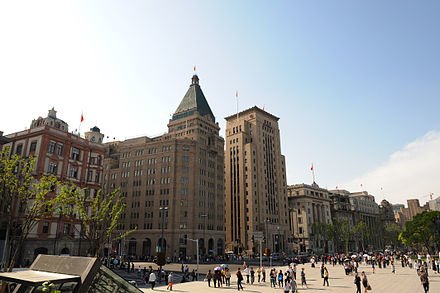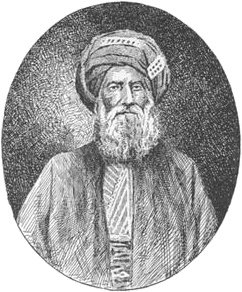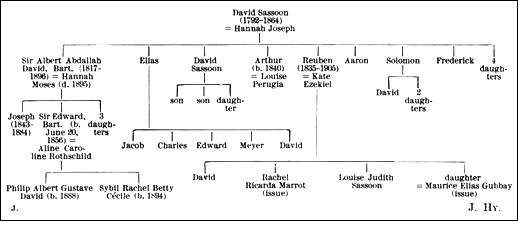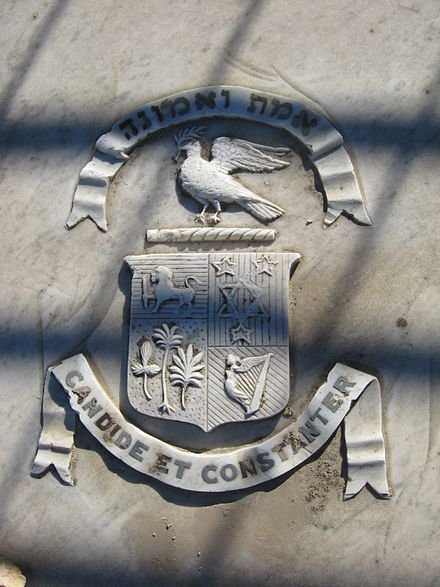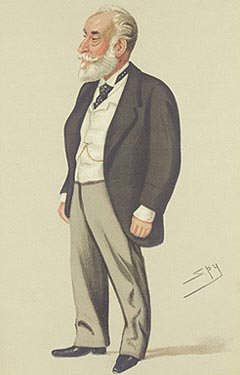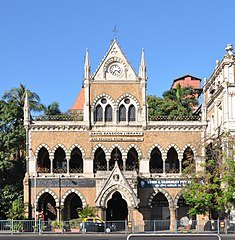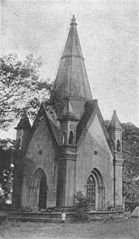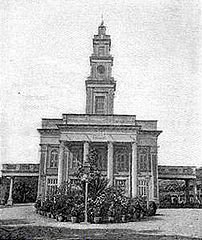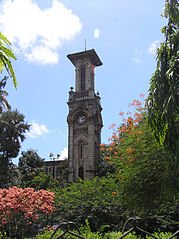The Sasson Family: Pioneers of Trade and Philanthropy
The Sasson family, also known as "the Rothschilds of the East," is a prominent Jewish dynasty of Baghdadi origin. Their commercial and financial networks played a significant role in facilitating trade between the British Empire, India, and the Far East during the zenith of the British Imperial era. The family is renowned for their immense wealth, estimated in the billions of dollars, and their extensive philanthropic activities.
The Family's Origins
The ancient lineage of the Sasson family is subject to two prevailing theories. According to one belief, their ancient roots can be traced back to the Ben-Shushan family of Spanish exiles. Joseph Ben-Shushan, a former minister in the court of Alfonso VIII of Castile, is considered by some sources as one of the family's earliest forefathers.
Another theory posits that the family name "Sasson" is derived from the personal name of Shushan Ben Zalach (1750–1830), who is regarded as the patriarch of the family. Shushan was a prominent banker who served as the treasurer of Ottoman Baghdad from 1781 to 1817 and as the president of the Jewish community during his time.
In 1817, his son David Sasson inherited the position of General Treasurer of Baghdad, and two years later, due to local turmoil instigated by the local governor Daud Pasha, most of the Sasson family members were compelled to leave Baghdad for the Persian city of Bushahr, where the family's patriarch, Shushan Ben Zalach, passed away after two years.
Under the leadership of David Sasson, the family decided to relocate to Bombay (now known as Mumbai) in 1830. At that time, Bombay offered new economic opportunities for immigrants due to the significant British imperial investments in international trade from British India.
Several other Jewish families from Baghdad also migrated to India during this period, contributing to the emergence of a distinct Baghdadi Jewish community within the larger Indian Jewish population. Initially, the family resided in the homes of Samuel Ezekiel Divekar's descendants until establishing their own residence.
David Sasson engaged in business activities in Bombay from their arrival, initially working as an intermediary between British textile companies and local merchants and later investing in valuable properties near the city's harbor. Their primary competitors were the Prinseps, who had dominated the Indo-Chinese trade since 1820.
David Sasson, his brother, and their descendants quickly expanded their economic ventures across India, China, Japan, and Britain. After the Treaty of Nanking opened up the Chinese market to foreign traders, the Sasson family's fortunes surged, with significant contributions from Elias David Sasson (1820–1880), David's son, who was sent to Canton.
Elias became the first Jewish merchant in the region and faced competition from 24 other Prinsep traders. He established a profitable triad trade by importing Indian cotton yarn and opium to China and selling the opium in Britain, where he purchased cotton goods. Another of David's sons, Abdullah (Albert) David Sasson (1818–1896), played a key role in the transformation of Eastern India during the latter half of the 19th century.
He established successful textile mills with specialized expertise, creating a thriving economic enterprise. Thousands of workers were employed in the various mills owned by the Sasson family. Over time, the family diversified into trading other goods, including pearls, precious stones, silk, iron, and metals.
The family achieved significant economic dominance in the East, particularly during the 1860s. One of the key reasons for this was the American Civil War, which caused a decline in cotton exports from the southern United States, leading to a severe economic crisis in Britain's textile industry and widespread unemployment among factory workers. During this period, British mills turned to Indian cotton as a primary alternative to American cotton, which was being blockaded during the war.
In addition to their commercial endeavors, the Sasson family invested in stocks of various companies in Europe and America and played a significant role in the emerging banking system in the Far East during that era. Family members also made substantial real estate investments throughout India and East Asia. The family's business hubs included Mumbai, Pune, Calcutta, Shanghai, Nanking, Kobe (Japan), Hong Kong, and Singapore.
After David Sasson's death in 1864, his son Abdullah (Albert) David Sasson (1818–1896) assumed leadership of most of the family's businesses, while his younger brother Elias David Sasson (1820–1880) established his independent company.
Subsequently, control of most of the family's enterprises passed to Solomon Sasson (1841–1894) (AN'), the youngest brother, who had previously been on a business mission in China from 1857 to 1875. In 1876, Solomon married Flora Gubbay (1859–1936), an educated woman with family connections to the Sasson family following Solomon's death in 1894, she took over the management of a portion of the family's businesses and excelled in doing so.
The Family's Legacy
The Sasson family's business enterprises served as a stepping stone to wealth and prosperity for many Jewish-Baghdadi immigrants. Figures such as Salih Hardoon, who later became one of the richest men in Asia, began their journey as humble employees in the Sasson family's businesses. The Jewish philanthropist Elie Kadoorie also began his career in the employ of the Sasson family.
The family branches extended to numerous locations, including Britain, the Middle East, India, and East Asia. They formed marital alliances with elite Jewish-Baghdadi families, such as the Kadouries, Sumachs, Ezras, Alkabirs, Yehuda Ezras, Gabays, and others, as well as European Jewish elite families, including the Rothschilds and Barons.
Some family members relocated to Britain over time and attained aristocratic titles, received honors, and assumed prominent positions in British public life and high society. Some assimilated into non-Jewish society, while others retained a strong Jewish identity.
One of the earliest family members to settle permanently in Britain was probably Sassoon David Sassoon (1832–1867) (AN'). He was one of David Sasson's sons who received education in Baghdad, conducted business in Shanghai, and subsequently moved to London. In London, he served on the executive boards of various Jewish community institutions and supported sending Jewish research missions to Ethiopia and China.
One of his daughters was the journalist Rachel Sassoon Beer (1858–1927), who served as the editor of The Observer and The Sunday Times newspapers. Despite her conversion to Christianity after marrying Frederick Arthur Beer, a scion of a German-Jewish banking family, Rachel continued to express admiration for Jewish and Zionist causes through her journalism.
Another son of Sassoon David Sassoon was Alfred Ezra Sassoon, who married the daughter of an English-Christian family known for its artists and engineers. As a result, he converted to Christianity and distanced himself from the Sassoon family fortune. Alfred and his wife had a son, the renowned English war poet Siegfried Sassoon, who is considered one of the greatest poets of World War I.
During the war, Siegfried served as a soldier and officer in combat roles and received decorations for bravery. However, he soon began to express opposition to the war and composed satirical poems criticizing the war and its leaders.
Another descendant of Sassoon David Sassoon is Baron James Sassoon (born 1959) (AN'), a former British government minister and a member of the British House of Lords, making him one of the prominent members of the family in the 21st century.
- משפחת ששוןhe.wikipedia.org
